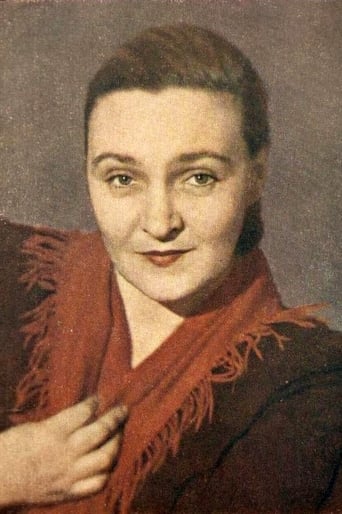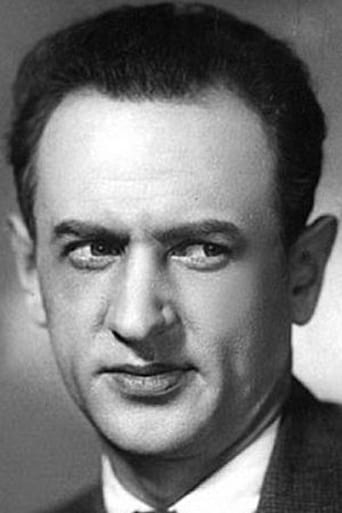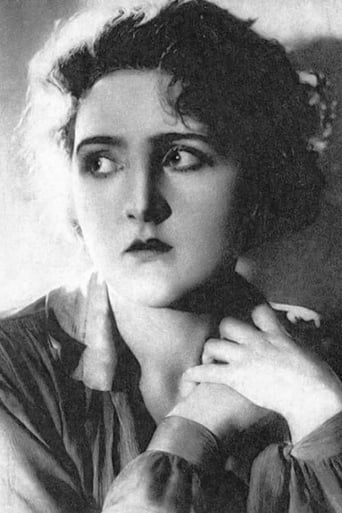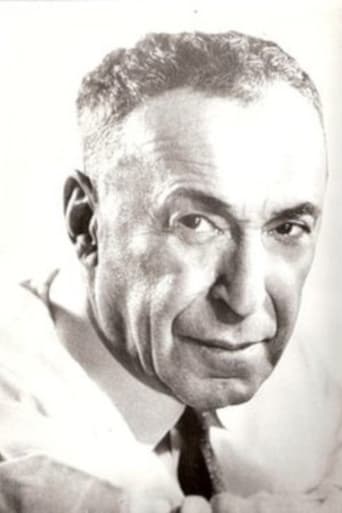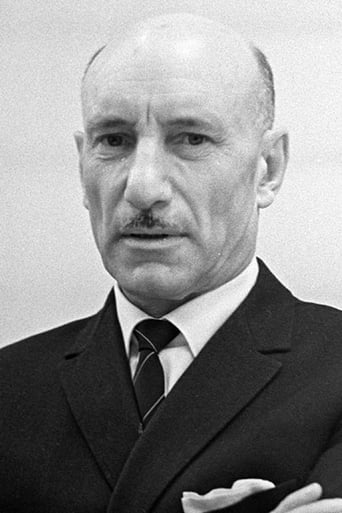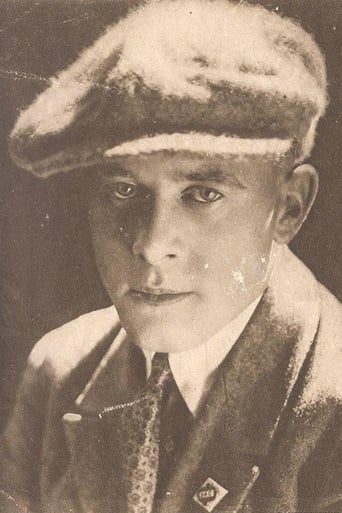Greekguy
It is, I suppose, fair to say that this is a propaganda film because it does deliver a political message. On the other hand, it's not too outlandish of a message. Perhaps there were reasons to oppose the Paris Commune, although none occur to me. However, a discussion of propaganda in films is in itself somewhat redundant: most films might face the same charges. After all, film is an art form that chooses to present a series of images and sounds, usually dialogue but also music (and in this case there is in the best version a stunning score by Shostakovich) in order to manipulate the feelings and the thoughts of the viewer. "Apocalypse Now", for instance, is an examination of war and its component parts that does not shy away from politics or advocacy. It is clear to the viewer that the filmmaker is asking questions about why that war was fought. "Armaggedon" also supports a particular political world view, as does "First Blood", "The Seventh Seal", "Sex in the City" and even "Toy Story".Despite my sympathies, however, it is not the politics that I love about this film - it is not the message but the artful use of the medium that sells me on this work of art. This is a moving and beautiful film, with fully realised character development and wonderfully magical imagery. After the parasols, the train and the cancan dancers, you should keep an eye out in particular for the shots in the last segments of the film. Kozintsev and Trauberg work little miracles with everyday objects such as lace, shovels and pianos. (Amazingly enough, these artists continued their magic for a long time -Trauberg worked until the early 1960s and Kozintsev directed his last film, which many consider the best "King Lear" for the cinema, in 1971.) "New Babylon" is, in a number of ways, a good companion piece for "The Man with a Movie Camera", the best of the Russian silents that I have seen. While it does indulge the "message" shot - there are a number of those but most are extremely well-done and worth seeing; the milk-for-soldiers is one, the juxtaposed lives are another - it is the realism of this film that elevates it, not its occasional slip into histrionics. The female lead, Yelena Kuzmina, is excellent, an actress who commands your attention and earns your sympathy, but it is in all the secondary roles put together that the city of Paris of 1870 and 1871 truly comes alive. In these earlier films, before sound drew us in, it was the faces that needed to speak, and these do, eloquently. The department store owner, the old soldiers, the contemptuous general, the washerwomen and the journalist with hope for humanity, they are all clamoring to tell you something. Exactly what they say to you may depend on your own world view, but their comments should be interesting to everyone.
tiedel
The New Babylon was recognized as a masterpiece as early as 1929. It was rediscovered at the 1958 Bruxelles Expo but properly presented with the original Shostakovich score only in the eighties. The original Shostakovich score (opus 18) had been synchronized with the film under the personal supervision of its director Leonid Trauberg (1901-1990) and - according to Trauberg - he had never 'seen' his film in that final state before 1981. A valuable estimation of the picture can be found in Jay Leyda's KINO. One should realize that there is only one definite version of the picture: the GOSFILOMOFOND print, running for about 90 minutes at variable speed. There is however an apocryphal print about, a clipping together of the original print and approximately another 33% of out-takes. German film historians are responsible for this horrible mutilation of the original. When this version was shown in Hamburg in 1983 a press bulletin explained that scenes had been added that were once removed by censorship. However, what had been added were only discarded scenes that had been cut because they were too dull; for instance actrice Kuzmina in front of a cupboard of hat boxes or actor Sobolevsky with his wounded arm in a sling as an unlikely cabaret artist in 1871 'Gay Paris'. Director Leonid Trauberg saw this `German' version with the extra footage "that I cut out myself" and has furiously tried to prohibit its screening. A lengthy statement about the original and apocryphal print of The New Babylon was sent to various cinema museums by Trauberg in October 1983. His statement is to be found in `Eisenstein was Great Eater' - In Memory of Leonid Trauberg / Graduate Press, Buren, Netherlands, pp. 107-109 (ISBN 90-72058-07-0). The New Babylon is one of the greatest masterpieces of the Russian cinema. However the German version with its complimentary footage is a disgrace for the profession of film restoration. In fact the best guideline to follow is the original score composed for the picture by Shostakovich in 1929. Its greatest advocate is maestro Mark Fitz-Gerald from Croydon, associated with the Strasbourg Philharmonic Orchestra. If you have any doubts about music or print contact Theodore van Houten, POB 1, Haamstede, 4328 ZG-Netherlands.
